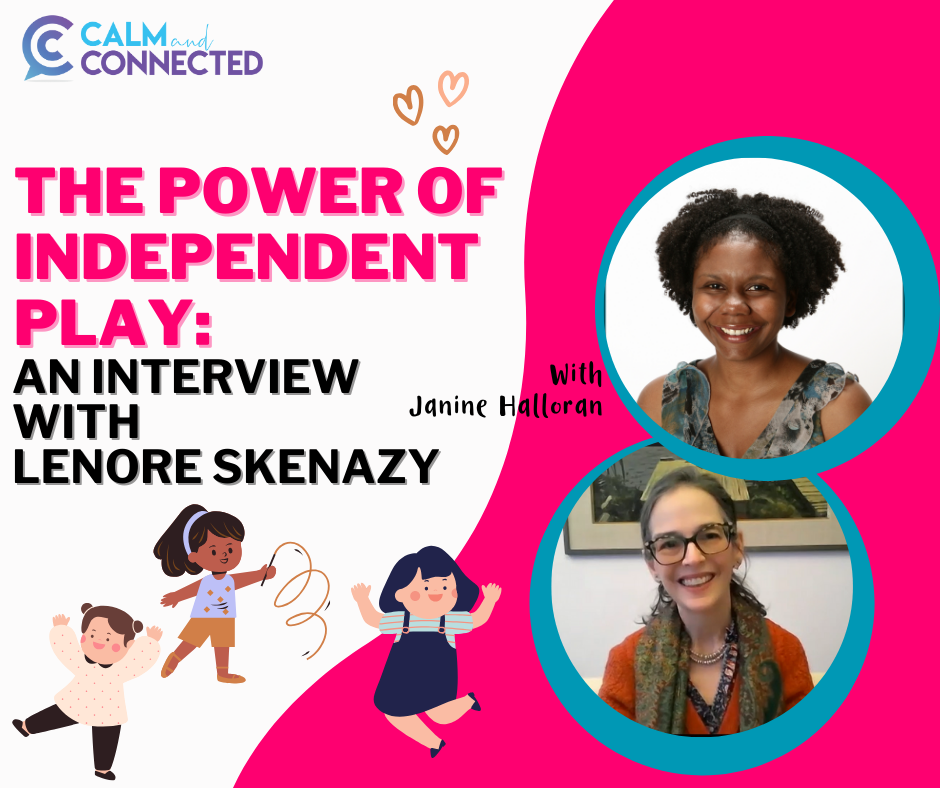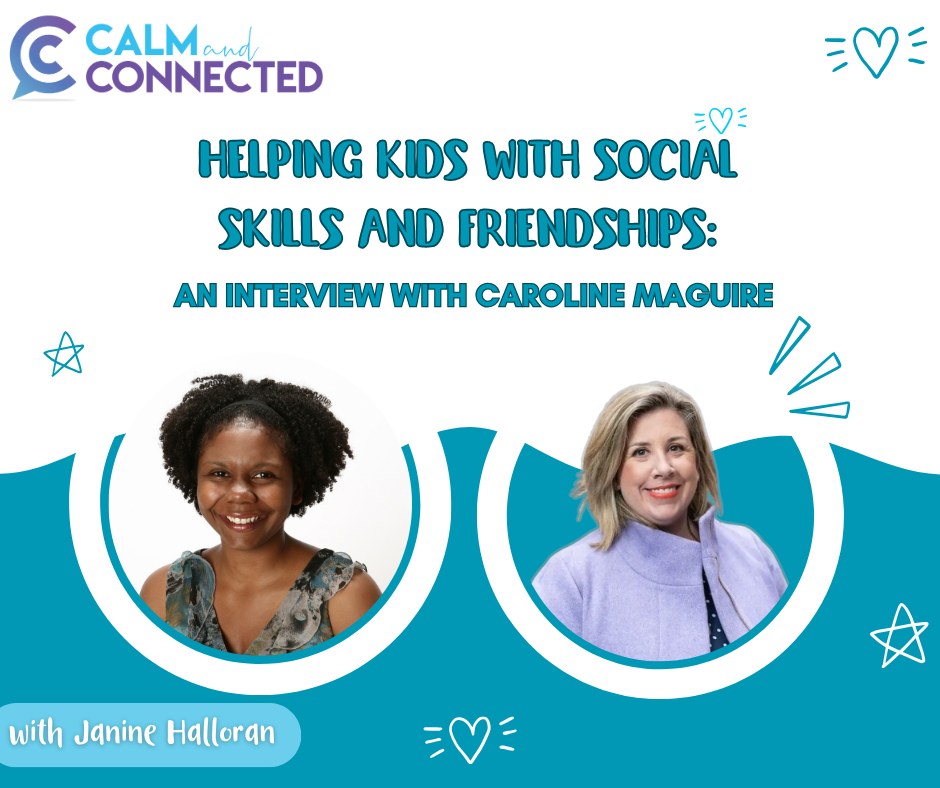Guest Post by Jennifer Miller, M.Ed. of Confident Parents, Confident Kids, about the challenges and opportunities of parent-teacher communications.
“I’ve extended multiple offers to help but it seems to fall on deaf ears.”
“My son has real struggles with his homework every night. I don’t want to bother his teacher. I know she’s busy. But do I wait until parent-teacher conferences to say something about his troubles?”
“My daughter has come home crying that her teacher has been mean to her. I can’t get more information out of her. And I worry that if I bring it up with the teacher, he might take it on my daughter. What do I do?”
I’ve heard these and many more concerns from parents who are genuinely interested in supporting their children’s education. And I’ve had my own. Sometimes schools can feel like a fortress where we send our kids. We hug them “goodbye” and then, those six hours at school can be somewhat of a mystery to us. What happens during the day? Does my child sit next to other students in class who are kind to him? How does her teacher handle discipline problems? And when and how should I be communicating with him? Particularly when our kids offer a “Fine.” to the question, “How was your day?”, how do we know what is really going on each day?
These are important and valid questions. And it’s good that we are asking them and working on figuring out how we can be involved. But educators have questions and concerns too. In an effort to find ways to better communicate, it helps to under the other’s perspectives. Teachers with whom I have worked over the years have expressed these questions:
How can we reach and involve parents who are busy with their own careers or are working several jobs to make ends’ meet?
How do we find the time to communicate with parents between our scheduled time with the kids, our unscheduled after school supports for students who need it, and our teacher meetings?
And they’ve also expressed these concerns:
I’ve had parents yell in my face about my treatment of their child or call so upset to dispute a particular grade. I’ve experienced parents’ unreasonable expectations of what I can or am supposed to do for their child. It makes me weary and ambivalent about reaching out.
When I tried to involve parents, I’ve been let down. I’ve counted on them to host parties or chaperone field trips and parents will just not show up. Some do but some don’t and then we are stuck without the adult supervision we need.
Teachers face their own set of challenges when it comes to meeting all of the requirements for the curriculum and the classroom. And often, it’s left up to the individual teacher to decide how to involve parents without much organization or support from leadership at the school or district level.
With both parents and teachers facing challenges in their respective roles, how can either and both work to create deeper, more meaningful partnerships that truly support learning for each of our students? And we know it’s critical to address this question when research has found that the single best predictor of academic achievement for our children is parent involvement.
Here are some specific ideas for ways parents can get involved and better communicate with their child’s teacher.
Start by assuming the best intentions.
I have never met a teacher that did not enter the profession with the noblest reasons at heart. Teachers deal with all sorts of pressures and challenges and get paid little to do the critical work they do. That’s why we should always give them the benefit of a doubt that they are doing their best and have our kids’ learning at mind. Start with assuming that they have the best hopes for your child. You may even articulate that to set a teacher whose been burned in the past by parent conversations, at ease. “I know you desire the best outcomes for my son. I want to talk to you about how I can help.” Begin conversations showing you know the teacher is well-intended and he/she will likely be more open and eager to work with you.
Begin conversations with words of empathy.
Trusting relationships take time to build. And we, as parents, have very little time with our children’s teachers. So we have to make the most of the opportunities we do have. The fastest way to build connections in conversation is through empathy. But sometimes, it requires some forethought. So on the way to picking up your child from school, think about his teacher’s perspective, what he might be dealing with at school now from your knowledge of what is going on, and how you might reflect back to her your understanding. “I’ll bet you are preparing for the Valentine’s Day party. Is that a lot of work?” Offering some quick comments more regularly that demonstrate you are empathetic and care begins to build trust in your relationship.
Reach out sooner versus later.
Initiate your introduction and start that relationship with your child’s teacher as soon as you possibly can. A conversation about a challenge with your child is going to go much smoother if you’ve already established a relationship from the beginning. So make a point of it at the end of summer, at an open house or at the very start of school. All it takes is a handshake, a name exchange, and a smile to begin a cooperative relationship.
Ask teacher’s communication preferences.
What communication vehicle does your teacher prefer? Always ask. Does he like email or a phone call? Does he prefer you drop by after school? Finding out how your teacher would best like to be communicated with can seem simple, even unnecessary but that small step will show you respect his time and again, help in building trust. It may even help you get a faster response as well.
Ask about your role.
So frequently, as parents, we don’t really know the roles we can play with the school and our child’s classroom and the ways we can best support learning. And every child’s teacher will differ in their opinions of your role. So when you get the first chance, ask “What roles can I play with your class this year and in supporting learning at home?” Teachers will appreciate the opportunity to share their thoughts with you.
Support learning through your daily routines.
There’s general educator consensus on the fact that if children do not get enough sleep or a healthy breakfast before coming to school, they will not be ready to learn. So just your attention to bedtime and morning routines can offer a smooth transition into the day and prepare your child for success. Check out my article on bedtime routines or watch the YouTube video on “Creating a Smooth Morning Routine”, if you’d like to learn more.
Play coach support for the primary relationship between your child and her teacher.
The most important relationship in school is between your child and her teacher. Research shows that a caring relationship between student and teacher can significantly impact her ability to learn. When your child comes home with a problem, don’t skip ahead steps and go directly to her teacher. First, provide some coaching for your child to speak up, talk to her teacher in constructive ways and attempt to address the problem herself. You will be empowering her with critical relationships skills and showing you trust her to manage those important relationships. Provide specific, simple language she can use. Start with the positive always. “Teacher, I understand you gave me a “D” grade on my science paper, can you help me understand why?”
Prepare for Parent-Teacher Conferences.
If your conferences are like mine, they are ten minutes long and a whirlwind. You might take a breath and miss them! So I always go prepared since the time is so precious. Be sure and take care of your own needs. For example, many teachers will launch into a presentation about your student’s learning and included in those comments will be challenges they are having. Be ready to ask: “What do you see are my son’s strengths?” Not only will it be helpful to know her thoughts, but also you’ll feel less defensive if you’ve heard the teacher’s perceptions of his assets. Then, be certain you have 2-3 other questions at the ready with them prioritized so that you can get them in that short amount of time. Another good question to ask is, “What’s the best thing I can be doing right now to support my child’s learning and success in school?”
Use constructive conversation tools to discuss problems.
Consider the communication tools you might use with your boss at work or an important leader. Those tools can guide you in this situation in which you value the relationship as well. Start with appreciation! It’s like candy to teachers who value their contributions to students. “You’ve really helped my child advance in her reading skills this year. I so appreciate all of the work and care you’ve put into her development. Now I’d like to ask you about science.” Maintain respectful boundaries. If you get emotional, return to safe topics and cool down. Safe topics are issues you have in common that can help bring the emotional temperature back down if it’s gotten heated and help both of you regain composure and become constructive again.
Though it may seem challenging to find the time, energy or skill to build trusting relationships over time with your children’s teachers, it is well worth the effort. That partnership of the key caregivers in your child’s life can be a critical support not only during easy times but also when difficult times come your way. Because you’ve invested in the relationship, you can feel confident that your child is cared for in a special way during the school day.
Further Resources:
Check out the book I contributed to:
Building Powerful Learning Environments from Schools to Communities by Arina Bokas
And another couple of excellent books with lots of practical ideas for educators and families is:
Beyond the Bake Sale; The Essential Guide to Family-School Partnerships by Anne T. Henderson, Karen L. Mapp, Vivian R. Johnson and Don Davies
The Parent Backpack for Kindergarten through Grade 5: How to Support Your Child's Education, End Homework Meltdowns, and Build Parent-Teacher Connections by ML Nichols
And check out these articles:
Jennifer Miller, M.Ed. has spent twenty years working with educators and families on becoming more effective with children through social and emotional learning. She writes and illustrates the blog/site, Confident Parents, Confident Kids, http://confidentparentsconfidentkids.org. She is an expert for NBC's Parent Toolkit and writes for publications like The Huffington Post, Parent Magazine and Edutopia. She speaks, coaches and conducts workshops nationally.














